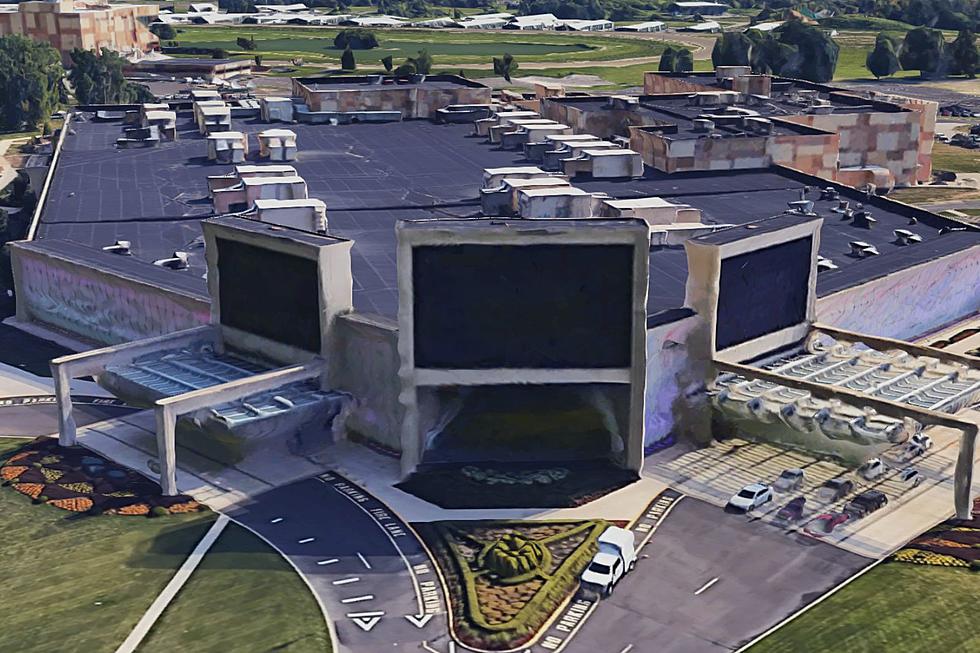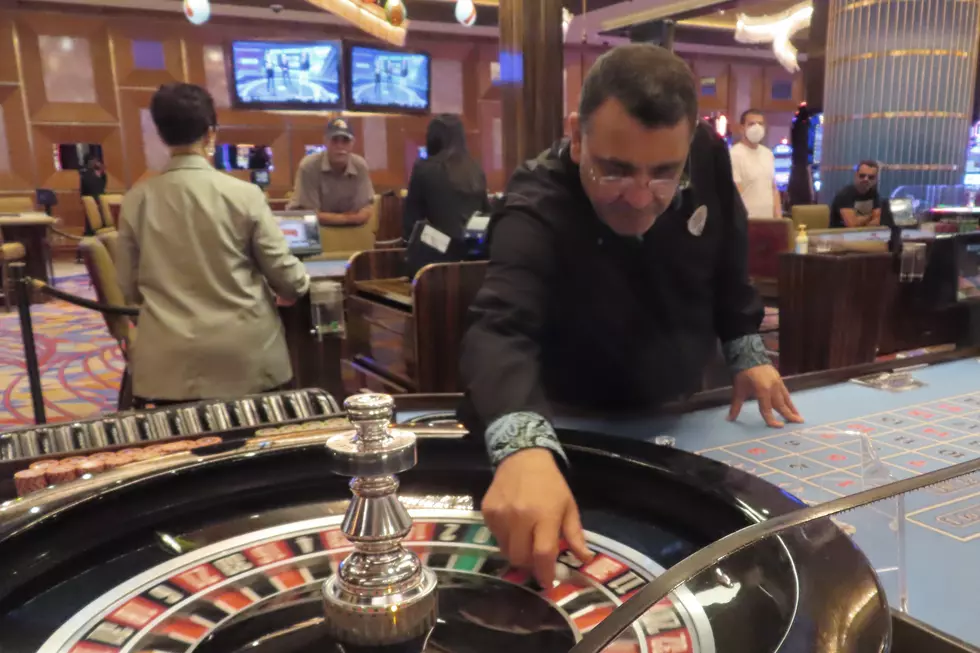
Rival bill lets outsiders seek 1 of 2 north Jersey casinos
Companies that do not already own an Atlantic City casino would be able to vie for one of two new casinos to be built in northern New Jersey under a plan unveiled Monday by the state Assembly.
The bill is a rival measure to one proposed Friday by state Senate President Steve Sweeney requiring both new owners to already own an Atlantic City casino -- a requirement that would freeze out the two main proposals floated thus far for the new casinos.
Both would ask voters in November whether to approve two new casinos in the northern part of the state. But Sweeney's bill would require that both new licenses go to companies that own a casino operating in Atlantic City as of last week, or the owner of a holding company that has a New Jersey casino license and operates a casino in another jurisdiction with similar licensing standards.
The Assembly bill would apply that requirement to only one of the new licenses.
The Senate bill would kill a proposal by Hard Rock International and the Meadowlands Racetrack to open a casino at the track in the East Rutherford sports complex just outside New York City. It also would keep footwear magnate Paul Fireman from proceeding with a planned Jersey City casino worth as much as $5 billion.
Assemblyman Ralph Caputo, an Essex County Democrat, said Assembly members thought the Senate bill was too restrictive.
"This wasn't done just for Hard Rock," he said. "We're open for business in New Jersey. To say that both operators have to come from existing operators doesn't bode well for the state. This is the fairest way to do it."
The bills also vary slightly in how tax revenue from the new casinos would be divvied up. Both would send all the state gambling tax revenue from the new casinos -- to be calculated at an as-yet undetermined rate -- into a New Jersey Investment Fund.
Under the Senate bill, for the first 15 years, 49 percent of the money would go to Atlantic City to compensate for its expected losses; 49 percent to counties and municipalities for tax relief for seniors and the disabled; and 2 percent to the horse-racing industry.
For the 10 years that follow, the amount sent to Atlantic City would decrease by 3 percent a year and the amount sent to counties and municipalities would increase by 3 percent a year. After that, Atlantic City would get 19 percent of the new tax revenue a year, while counties and towns would get 79 percent.
The Assembly bill would send 35 percent to Atlantic City to compensate for its anticipated losses, with 63 percent being divided as follows: one half to programs for senior citizens and the disabled, as is currently done with casino taxes, and half for state aid to each county and municipality for property-tax relief for senior citizens and the disabled.
For the next 10 years, the amount going to Atlantic City would decrease by 1.5 percent a year, and the amount for programs and property-tax relief for seniors and the disabled would rise by 1.5 percent. After that, 20 percent would go to Atlantic City.
Both bills would send a small amount of the new tax revenue to the state's horse-racing industry.
Neither bill specifies where the new casinos would be built, but they would have to be at least 75 miles north of Atlantic City.
The bills also leave open the possibility -- not specifically addressed in either measure -- that a company that does not currently own an Atlantic City casino could become qualified to bid on one of the new licenses by first buying one of the Atlantic City casinos that was in operation as of Dec. 11, 2015.
Differences in the bills would need to be reconciled before a measure is voted on.
(Copyright 2015 The Associated Press. All rights reserved. This material may not be published, broadcast, rewritten or redistributed.)
More From New Jersey 101.5 FM









